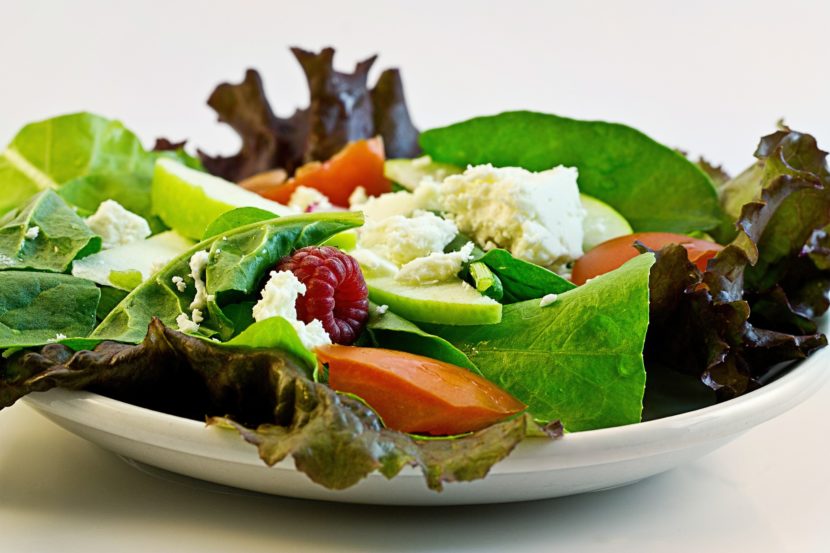Wellness Relation to Feeling Alive
As mentioned in the previous post “Why Exercise?” Exercising benefits not only physical health, but also mental, psychological, and social health. What we feel on the outside is just a glimpse of what’s happening on the inside of our bodies. Dr. John Travis, (the Wellness Inventory creator), decided that rather than treating sick people, he would dedicate his life to inspiring people to be well. With his breakthrough wellness model, the Illness-Wellness Continuum, Dr. Travis focused on self-responsibility and engaged the whole person — body, mind, emotions, and spirit.
Our journey to wellness starts with our intentions because the relationship between our intentions and our actions is the same as the relationship between acorns and trees. The question we should ask is, can intention alone influence our health?
In fact, our intentions are as important as our actions. For example; after you have paid $20 for your meal at a restaurant, if you see a hungry homeless person outside, you may give him a dollar. This dollar will not satisfy his/her hunger, but it is your intention of participating in nourishing this person that counts. Intentions are how we imagine ourselves and what we think our role is on this earth. Intentions are the deepest point in our existence, and they act as the foundation of our health.
Illness and health are only the tip of the iceberg, as Dr. John Travis states. To know the causes, you must look beneath the surface. We see only a small part of the iceberg, but most of its mass lies below the surface. Your health is only the outcome of what is beneath the surface, and the deepest point in our iceberg is our intentions. Because intention reflects our understanding of the meaning of life. It is molded in us and difficult to change. Why? Because it is the message that we spread to other people, and our being.
Wellness reflects your concern about your physical, psychological, and spiritual health. Wellness is being able to use your mind constructively to serve the purpose of your existing, and express your emotions effectively to those around you. When physical, psychological, and spiritual wellness are absent, it will create an imbalance between your spirit and body that will turn to a poisoning energy and translate to aggression towards yourself and to those around you in the form of anger, hate, arrogance, greed, stress, anxiety, etc.
When a person gets sick, most people think this illness will be diagnosed and fully treated by pills. Only a few people will understand that this illness is also a wakeup call to rebalance our spiritual and physical lives. The true danger comes from our inner-self- not from outside. Most of the tragedies and suffering that happen in our lives are just a reflection of our inner selves. When treating a disease with pills, without understanding the cause of the disease, you are just suppressing the disease inside your body, and it may come out again in another form.
To achieve a complete wellness we must rebalance our inner-self with our physical self and correct the way we see ourselves and the world around us. Once we achieve wellness we will gain wisdom and adapt to the nature or our existence.



